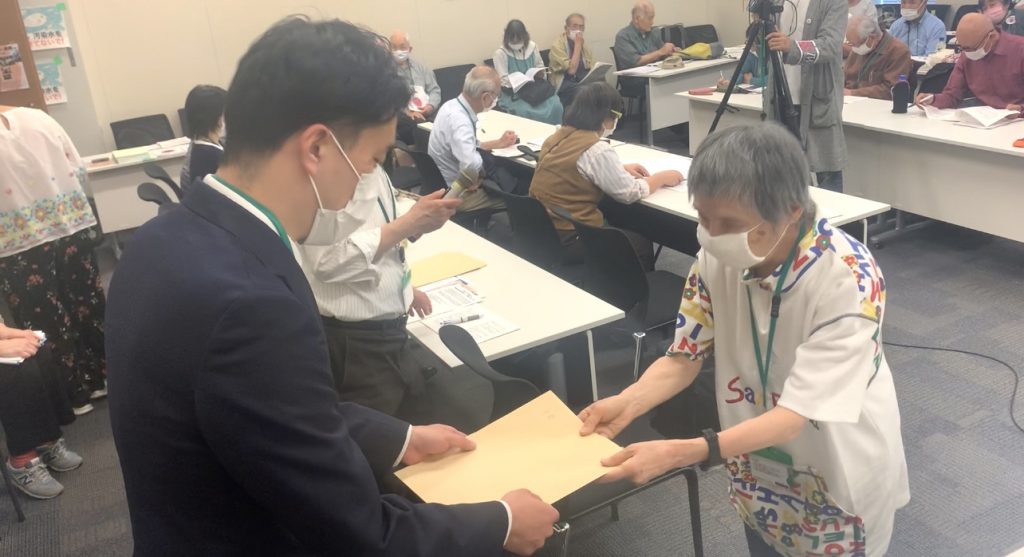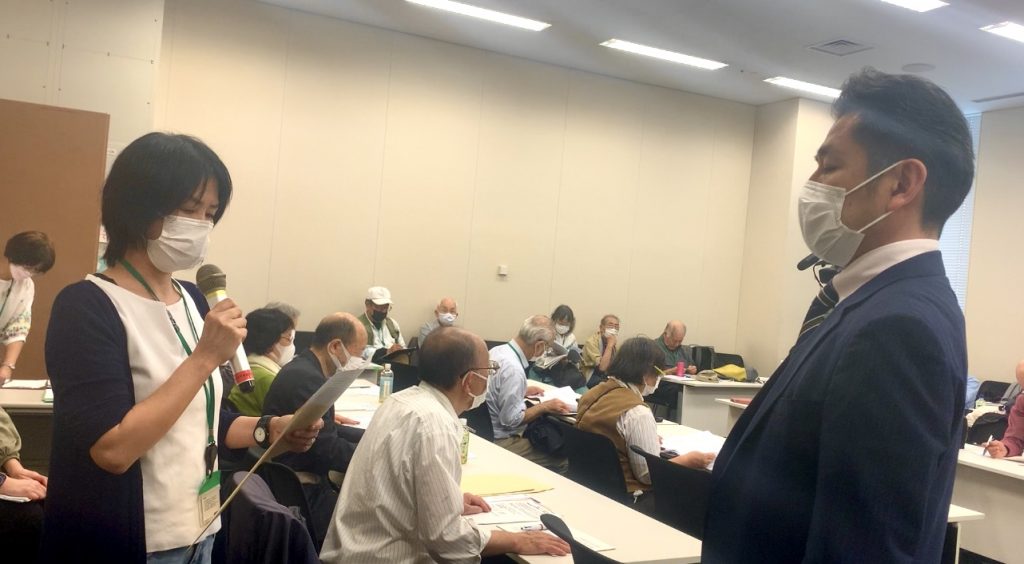



Arab News Japan
TOKYO: Japanese civic and environmental groups submitted complaints to the government and business officials opposing the discharge of contaminated water from the Fukushima nuclear power plant into the Pacific Ocean.
The groups have asked representatives from the Energy and Natural Resources Agency, Tokyo Electric Power Co. (TEPCO), and others to abandon this project.
This meeting comes one year after the government decided to release treated water from TEPCO’s Fukushima Daiichi nuclear power plant into the ocean. Similar groups from all around the country have appealed for the plan’s withdrawal.
In front of the House of Representatives building in Nagatacho, Tokyo, about 40 people holding banners on behalf of groups like the “Goodbye Nuclear Power Plant 10 million Action Committee” shouted, “Don’t pollute the sea of Fukushima,” and “Listen to the voices of the people of the prefecture.”
TEPCO, the operator of the Fukushima plant, plans to construct a pipeline into the sea for this contaminated water at the end of April. TEPCO and the various ministries involved believe it is the most realistic solution.
The Fukushima nuclear power plant re treats the waters of its various radioactive substances via a filtering system called ALPS in the basement. The system cannot filter tritium particles considered dangerous to health. The activists expressed concern that once the contaminated water is released, it cannot be recovered. The spread of radioactive materials artificially means spreading the impact of the accident. Such an act can not be permitted, they said.